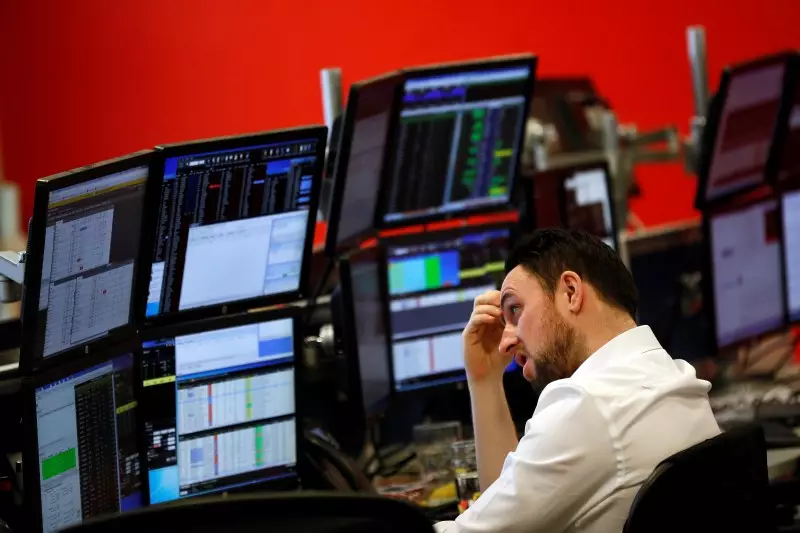The Gulf markets experienced a slight drop following Iran’s unprecedented attack on Israeli territory, with Saudi Arabia’s benchmark stock index closing down by 0.3% and the main Qatari index down by 0.8%. On the other hand, shares in Tel Aviv’s broad index rose by 0.3%. The looming uncertainty due to the conflict between Iran and Israel has created a sense of caution among investors as they prepare for trading to resume on Monday.
Geopolitical Tensions
Iran launched explosive drones and missiles at Israel in retaliation for a suspected Israeli attack on its consulate in Syria. This escalation in tensions has raised concerns about the possibility of a broader conflict in the region. Geopolitical strategist Tina Fordham noted that the wild card in this situation is whether Israel seeks to expand the conflict. The threat of a larger response from Iran has also heightened uncertainty in the markets.
Oil prices have been a focal point for investors, with last week’s concerns about Iran’s response pushing global benchmark Brent crude to $92.18 a barrel. The fear of supply disruptions due to the conflict has further supported oil prices. In addition, safe-haven assets like gold and Bitcoin have seen fluctuations in response to the escalating tensions between Iran and Israel. Gold prices surged to above $2,400 an ounce, while Bitcoin experienced a sudden 8% drop before recovering some ground.
Economic Considerations
While geopolitical tensions dominate the headlines, investors are also keeping an eye on economic indicators such as inflation data. The hotter-than-expected U.S. inflation report has sparked concerns about the Federal Reserve’s future monetary policy decisions. The fragility of the market environment, as highlighted by Geneva-based chief economist Samy Chaar, reflects the uncertainty facing investors in the short term.
Despite the geopolitical risks posed by the conflict between Iran and Israel, global markets have remained resilient in recent weeks. The MSCI global share index reached new highs, supported by robust economic data and expectations of interest rate cuts by major central banks. Saudi Arabia’s main index has seen a 20% increase since the conflict began, while Qatar’s benchmark index has held steady. International investors are closely monitoring the situation but are also looking at the broader economic outlook to guide their investment decisions.
The reaction of Gulf markets to Iran’s attack on Israel reflects the heightened geopolitical tensions in the region. The uncertainty surrounding the conflict has led to fluctuations in oil prices, safe-haven assets, and market indicators. Amidst the geopolitical risks, investors are also considering economic factors and central bank policies to navigate the current market environment. The ongoing conflict poses challenges for investors, but the broader economic resilience offers a glimmer of hope in turbulent times.

